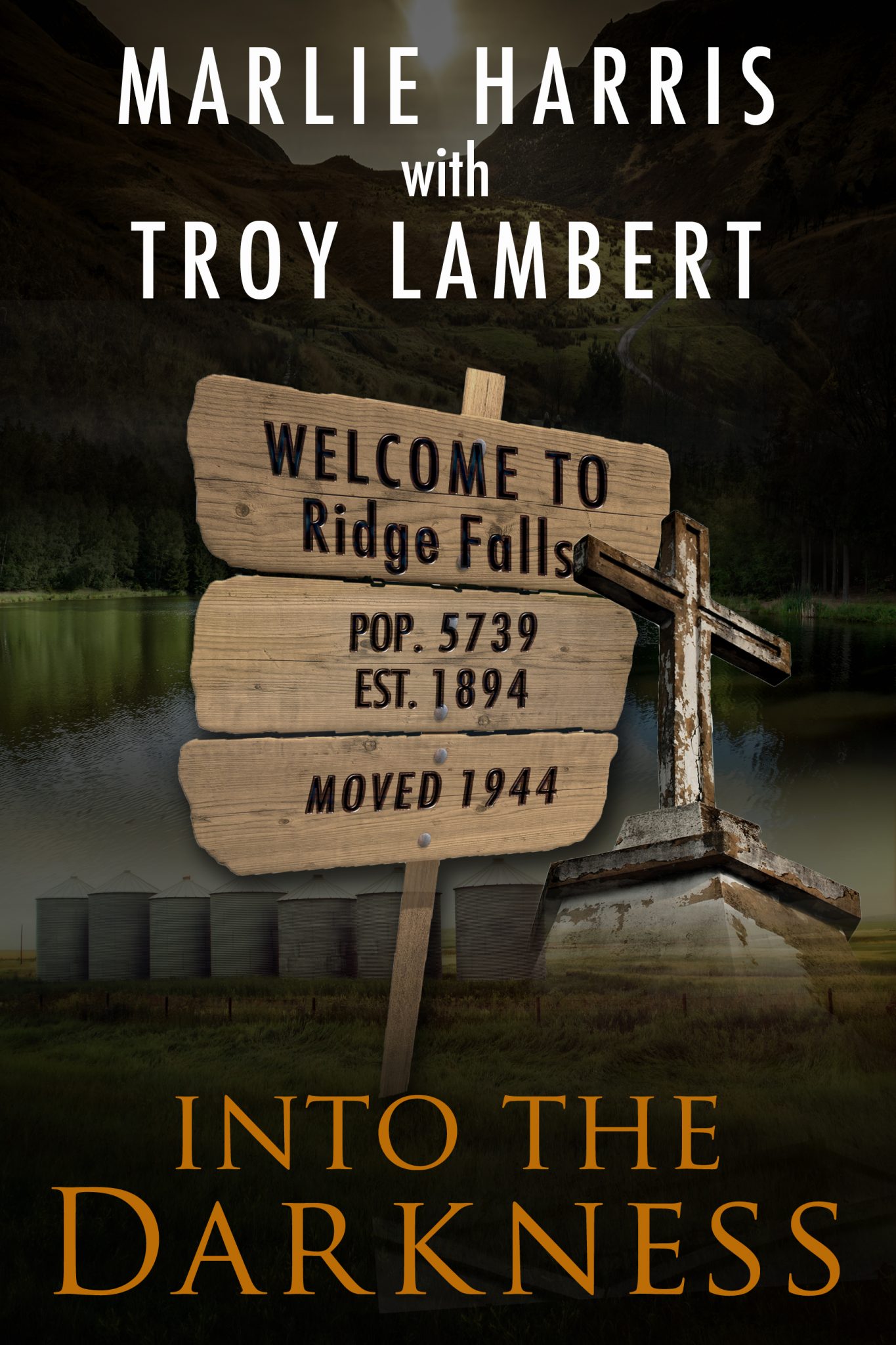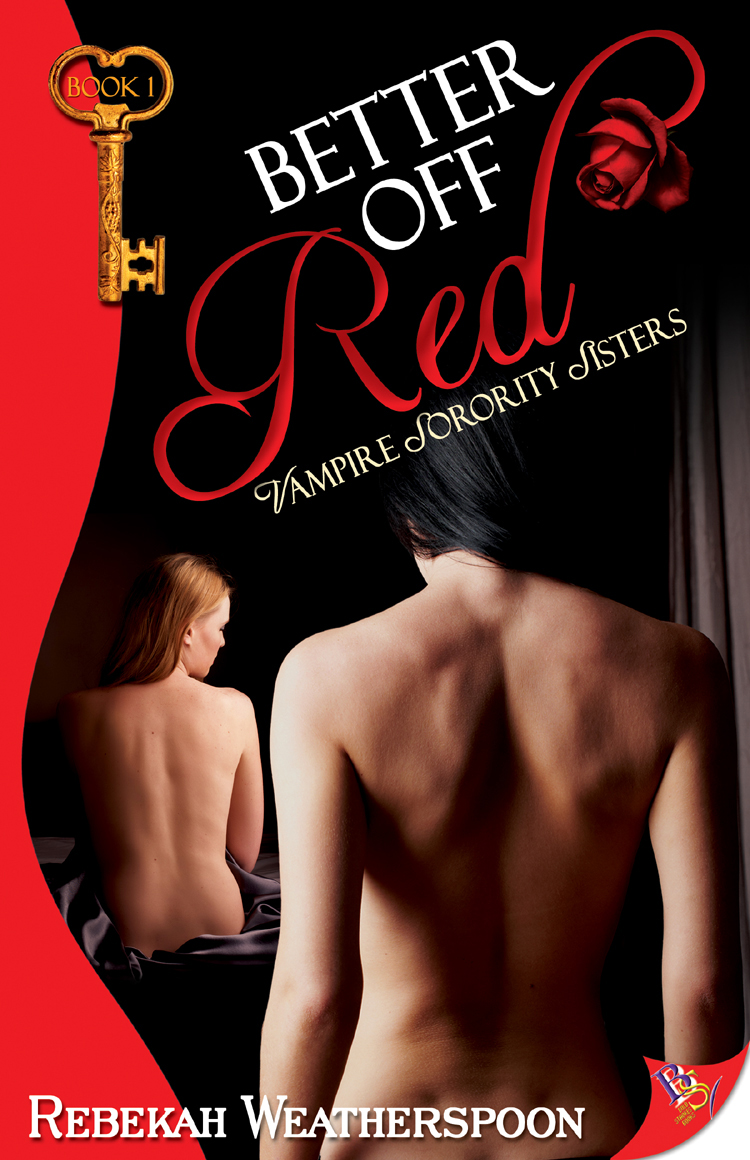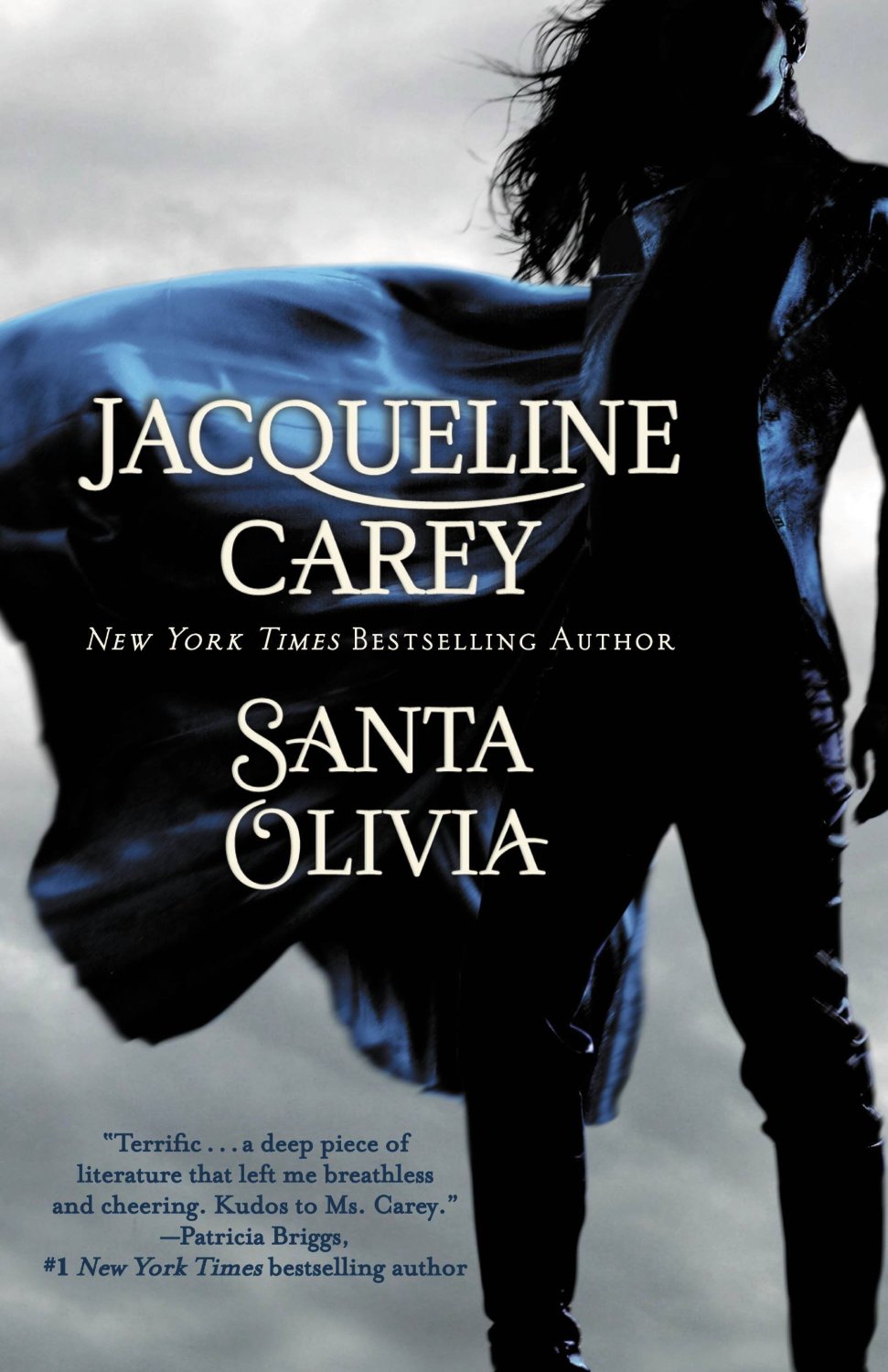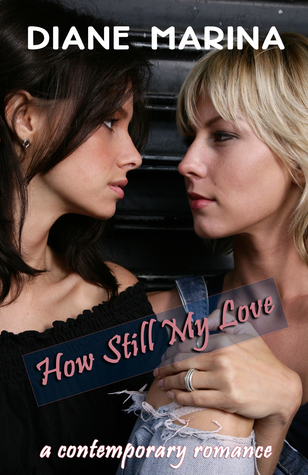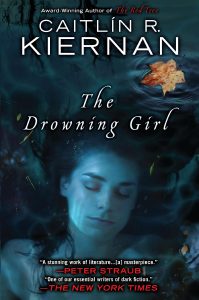Would you let your mother find your next girlfriend? Beautiful thirty-two year old African-American Aisha Watson works hard all week as a budget analyst and plays hard all weekend as a competitive longsword fighter. But her heart was recently broken, and she’s not even so sure she wants to be in love again after aRead More
Krait reviews The Interview by Jacintha Topaz
I’m pretty much always interested in lesbian erotica, so I was very pleased to have the opportunity to review “The Interview.” It’s a short and sweet story of an interview for a personal assistant job that goes straight into fantasy land. There’s very little padding to this particular story – it opens with Kaylee HallRead More
Krait reviews Into the Darkness by Marlie Harris
Ridge Falls is an unusual town. A mining community created in the late 1800’s, after the construction of a hydroelectric dam, the town was moved. Old timers said the dam was a bad idea. Bad things would happen. They were right. Now, evil seems to haunt the reservoir. It manifests itself to different people inRead More
Krait reviews Winged Things: A Lesbian YA Short Story Collection by Jennifer Diemer and Sarah Diemer
WINGED THINGS is a bewitching collection of young adult short stories, ranging from paranormal to fantasy, all featuring a lesbian heroine. This collection is part of Project Unicorn, a fiction project that seeks to address the near nonexistence of lesbian main characters in young adult fiction by giving them their own stories. Winged Things, asRead More
Krait reviews Unicorn Hunting by A.R Hellbender
I was very excited when I first saw the blurb for this book – lesbian unicorn hunting, grey morality choices, fantasy realm! From the start, you know the author is full of ideas and has this really complex fantasy world in mind. Unfortunately, I found that the ideas were great, but the book really sufferedRead More
Krait reviews Sweet and Rough: Queer Smut by Sinclair Sexsmith
Sweet, sensual adoration and dirty, rough sex meet in this anthology of queer smut penned by Top Sex Blogger Sinclair Sexsmith. The complete collection includes sixteen of Sinclair’s best queer erotica short stories, full of dapper dates, femmes in pretty dresses, flogging, bondage, flirting on the subway, bold moves, and (of course) strap-ons. From ongoingRead More
Krait reviews Better Off Red by Rebekah Weatherspoon
Ginger’s goal as a college freshman is to maintain her 4.0 GPA without being driven batty by her roommate Amy’s obsession with Greek life. But when she agrees to look at them to get Amy off her back, she can’t take her mind off the gorgeous girls of Alpha Beta Omega. Somehow, she finds herselfRead More
Krait reviews Santa Olivia by Jacqueline Carey
Santa Olivia is one of those books that’s really hard to describe. You’ve got a dystopian 10 minutes into the future United States, a daughter of one of the genetically-modified “Wolf Boys,” and boxing. But Carey weaves all of those disparate parts into a ridiculously good story. Loup Garron is born in Outpost 12, aRead More
Krait reviews How Still My Love by Diane Marina
I was looking for a fluffy contemporary romance when I picked up How Still My Love, and with a few caveats, I think it delivered. The novel follows Beth, a woman who’s thrown herself into work at her successful graphic design studio after the end of a disastrous (and abusive) relationship several years past. Her bestRead More
Krait reviews The Drowning Girl by Caitlin R. Kiernan
Caitlin R. Kiernan, known for her strange dark fiction, hits it out of the park with The Drowning Girl. The protagonist, Imp — India Morgan Phelps — writes the book as a memoir to seal away the events of her past several years. Imp is schizophrenic and struggles with her perceptions of the world onceRead More


